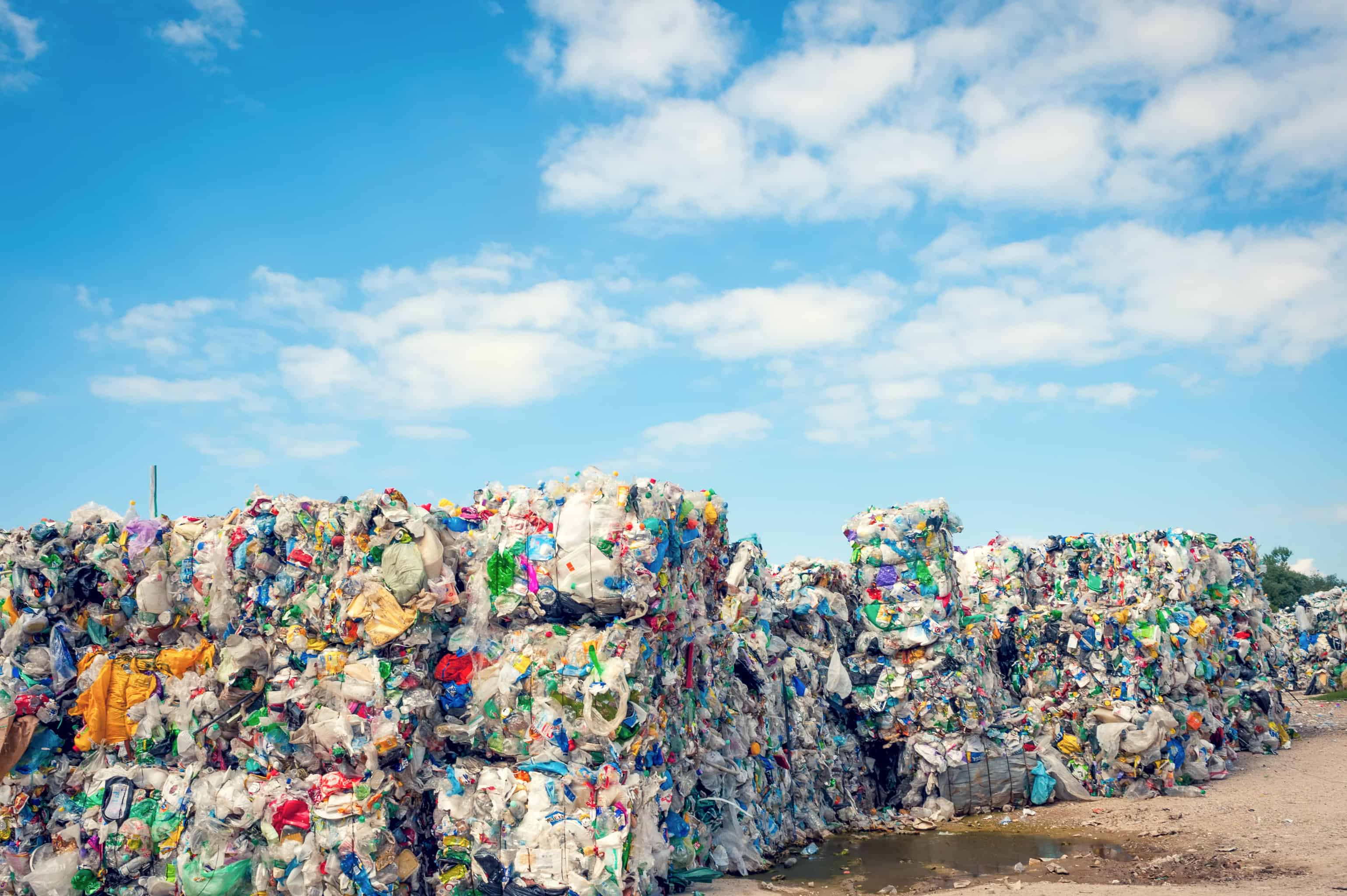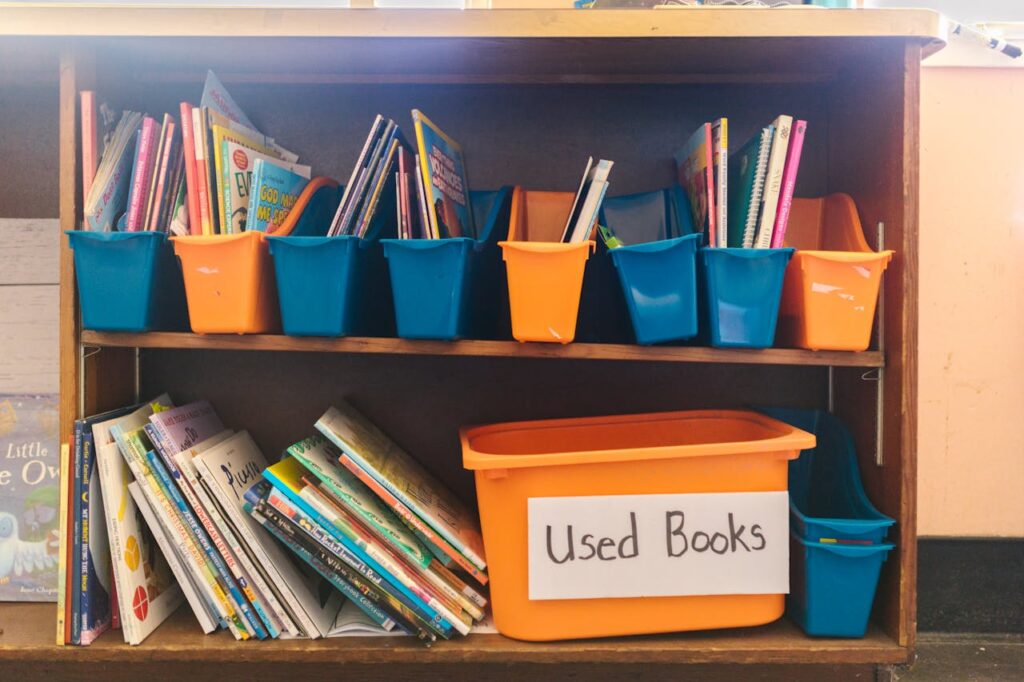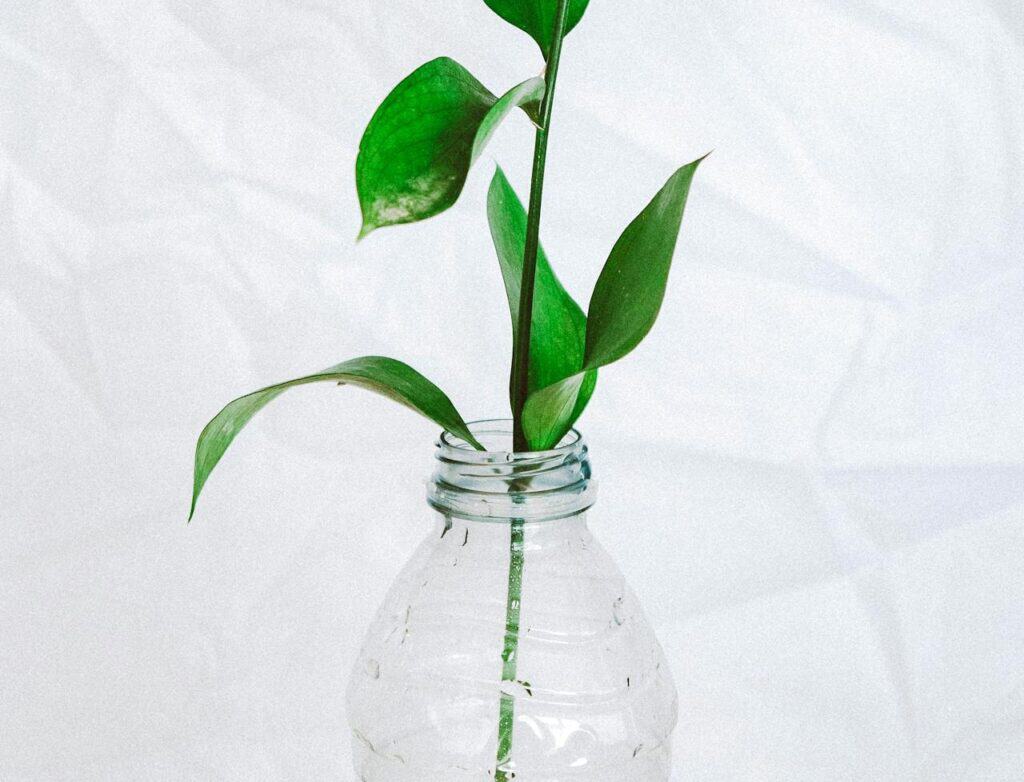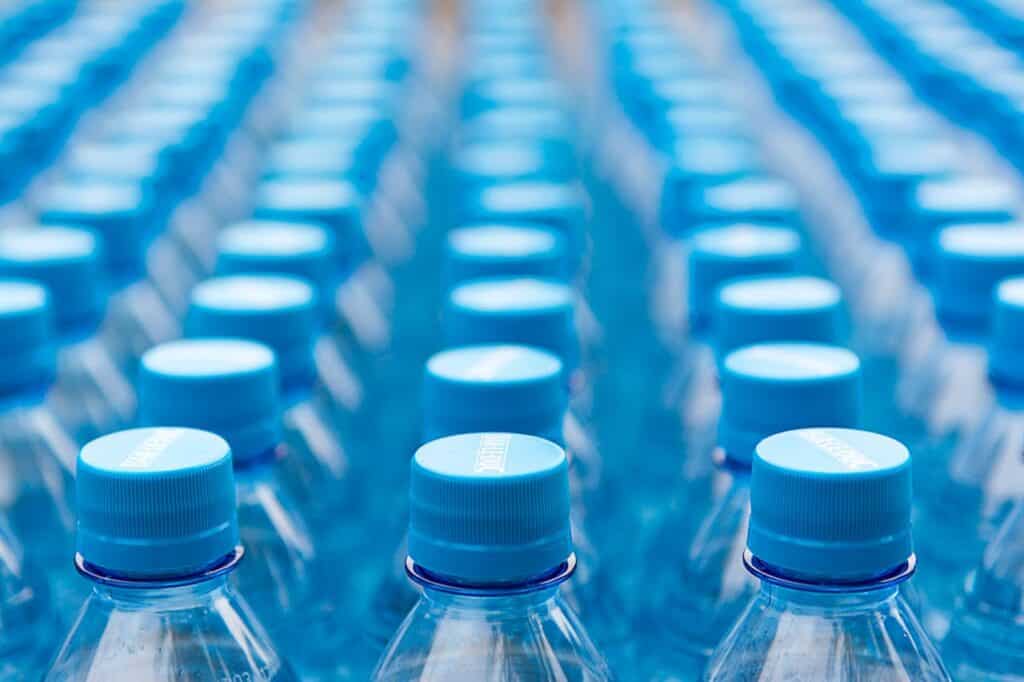Most plastic products can be recycled. Plastic is used in everyday life, from picture frames and plastic films, to plastic bags and drink bottles. It’s durable, versatile, and cheap to produce. As a consequence, the plastics industry has rapidly grown and the need for waste management has increased. The world produces nearly 350 million tons of plastic each year. Nearly half of the plastic that has been manufactured, has been produced since the year 2000.
Post Consumer Plastics
More than 40% of the plastic produced is used for packaging, such as bottles and carrier bags we use every day. This often ends up in landfills, where plastic pollution is caused. Plastic has some brilliant uses, however, if there are recycling systems in place. There are many benefits to using a recycling program to boost a circular economy.
Advantages Of Recycling
GPGP The Great Pacific Garbage Patch
Each year there are nearly eight million tonnes of rubbish that ends up in the oceans. All the waste that is discarded in the world’s oceans winds up in one of five accumulation zones. The biggest of them all is The Great Pacific Garbage Patch. It’s staggering in size and is twice the size of Texas. It is estimated that it had around eight-thousand tonnes of plastic waste.
It’s often referred to as the ‘plastic island’ and it contains a staggering 180 trillion pieces of plastic waste, these are most micro-plastics that pose a massive risk to marine life. Although these plastics are widely recycled, they still end up in the world’s oceans. Due to the colour and size of microplastics, marine life often confuses them with food. Fish nets are something that makes up a huge portion of the GPGP and poses a huge risk of entanglement.
High Economic Impact
Recycling a tonne of plastic waste generates two times the economic impact as opposed to disposing of it in a rubbish tip. Recycling a tonne of plastic pays more in salaries, produces more value in the means of reproduction into recycled materials, and generates more income in sales. As well as creating jobs, it generates a huge portion in sales taxes and it helps to fund governments to pay for social funds. Recycling rates are at an all-time high, but they can still go further and have an even greater and positive economic impact.
Conserves Energy
There is usually a number of stages involved with the manufacturing of a product. From the materials extraction through to the product disposal. If you can remove a step in the process you can help to save energy. Recent studies have found that recycling a tonne of plastic can save energy equal to 5.774 kWh. Which is the same amount of energy two people would use in a year.
Saves Petroleum
Plastic is made using natural gas and/or crude oil derivatives. A huge amount of petroleum is used in the production of new plastic products. Around forty percent of consumption can be reduced if we pop items in the recycling bin and recycle out plastic waste. One tonne of plastic can save around 16.3 barrels of oil.
Reduction In CO2 Emission
A direct result of oil consumption reduction, the emission of greenhouse gases, and CO2 are drastically decreased. Greenhouse gases are emitted when we burn non-renewable fossil fuels in order to create plastic. Recycling plastic lowers oil consumption during the manufacturing process of new plastic, therefore, it reduces greenhouse gas emissions, too. If we learn to understand how to identify which plastic can be recycled, we can go a long way toward reducing the effects of global warming.
Saves Rubbish Tip Space
The process of recycling plastic dramatically helps with everyday waste management by saving available space in rubbish tips. Plastic that is disposed of in our general waste uses a lot of space and it increases the amount of solid waste found in tips. Recycling can help to reduce space and keep our air and water clear.
The Plastic Recycling Process
The most simple of plastic recycling processes include collecting, sorting through, shredding, cleaning, and pelletizing. The particular processes will vary based on the resin identification number or the types of plastic been recycled. Most recycling facilities will use a two-step process:
Step One
Sorting through the plastic waste manually or automatically to ensure all of the contaminants are removed from the waste stream.
Step Two
Melting the plastic down into a new shape or shredding down into flakes to be melted before being processed into granulates.
There are 6 most common types of plastic:
PS (Polystyrene) – Hot drink cups, plastic cutlery, food containers, and yoghurt pots.
PP (Polypropylene) – Lunchboxes, take-away food containers, or ice cream containers.
LDPE (Low-density polyethene) – Rubbish bins and bags.
PVC (Plasticised Polyvinyl chloride or polyvinyl chloride) – Fruit juice containers or squeeze bottles.
HDPE (High-density polyethylene) – Shampoo and conditioner containers or milk containers.
Polyethylene Terephthalate (PET) – Soft drink bottles or smoothie bottles.
Of course, not every type of plastic is recycled and it’s essential that you check which can and can’t be sent to your recycling centre. All packaging that can be recycled will have the recycling symbol on the plastic or wrapper. You will often find that lids and bottle tops can’t be recycled but the plastic bottle can so always make sure you check before you throw something straight in the general waste bin. Mixed plastic waste may have issues if materials are not segregated properly.
Using Plastic Waste Experts
If you need plastic waste to be dealt with in a professional and efficient manner we are here to help. Using the latest technologies for recycling plastic, we can work with you to create a custom-built recycling solution. Some of our customers include manufacturers, schools, farms, and builders disposing of construction materials. Please get in touch today if you are looking for a collection and recycling service for your plastic waste.








